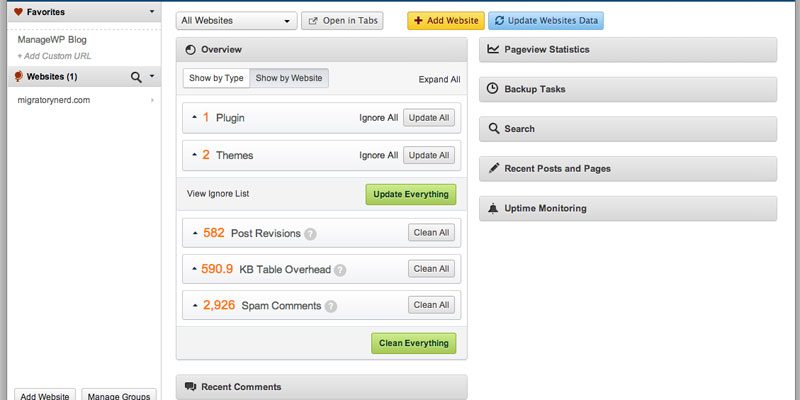Local WordPress Development: From MAMP to Local by Flywheel
Written on Nov 19th, 2019

Years ago, when looking for a way to do local WordPress development, I eventually stumbled upon a pretty nifty tool called MAMP. MAMP stands for “Mac/Apache/MySQL/PHP”, and it’s the Macintosh equivalent of the well-known Linux-based LAMP stack. While you can configure MAMP by editing configuration files, I decided to upgrade to MAMP Pro, as it gives you an easier UI to use when managing some of your local websites. Despite MAMP ‘mostly working’, it has a number of really annoying downsides as well: MAMP Pro is paid software, but despite buying it multiple times, I don’t really feel like I’ve gotten good value with upgrades. Whenever I visit the website, it seems like there’s a new version that I have to upgrade to in order to even get a new PHP version etc. It’s very unstable: often it will seize up completely and you’ll have to force-quit it. This is […]




